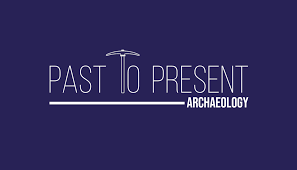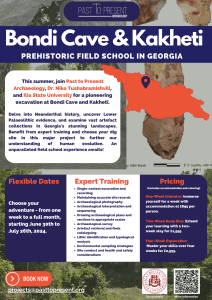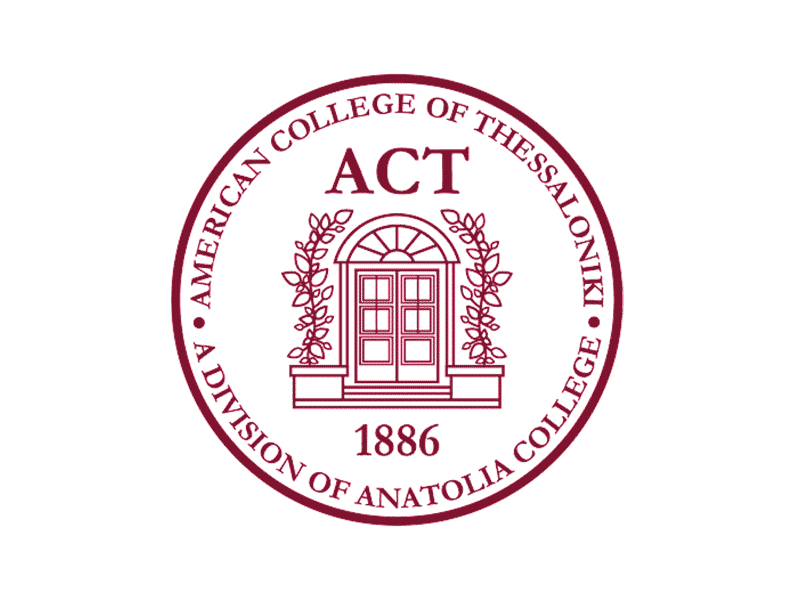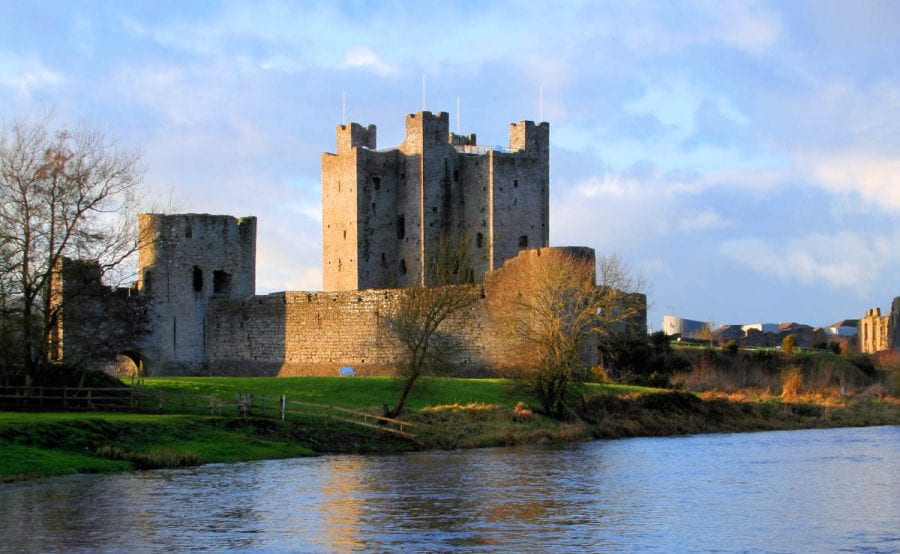The San Gemini Preservation Studies is accepting applications for their 2026 Field School. The deadline to apply is March 15, 2026.
Now in its 27th year, the SGPS program is dedicated to the preservation of cultural heritage, offering students the unique opportunity to study and travel in Italy while gaining hands-on experience in restoration and conservation. It is designed for students in fields such as Conservation of Cultural Objects, Museum Studies, Architecture, Art History, History, Archaeology, and Anthropology.

Program offerings for Session One (June 1 – 26) are:
- Building Restoration – “Touching the Stones”
- Archaeological Ceramics
- Book Bindings and Archival Conservation
Intersession Program (June 29 – July 8) is a 10 day preservation tour of Florence, Siena, and Rome.
Program offerings for Session Two (July 13 – August 7) are:
- Paper Restoration
- Traditional Painting Techniques
- Preservation Theory and Practice in Italy
This year’s Field Projects are
- Restoration of Porta Tuderte (13th-century city gate)
- Analysis of medieval buildings in San Gemini as part of an urban study
- Restoration of classical archaeological ceramics from the Parco del Colosseo in Rome
- Conservation of historical archival materials from the Historic Archives of the City of San Gemini (dating from the 14th to the 19th century)
For more information, please visit https://www.sangeministudies.info/program-summary












